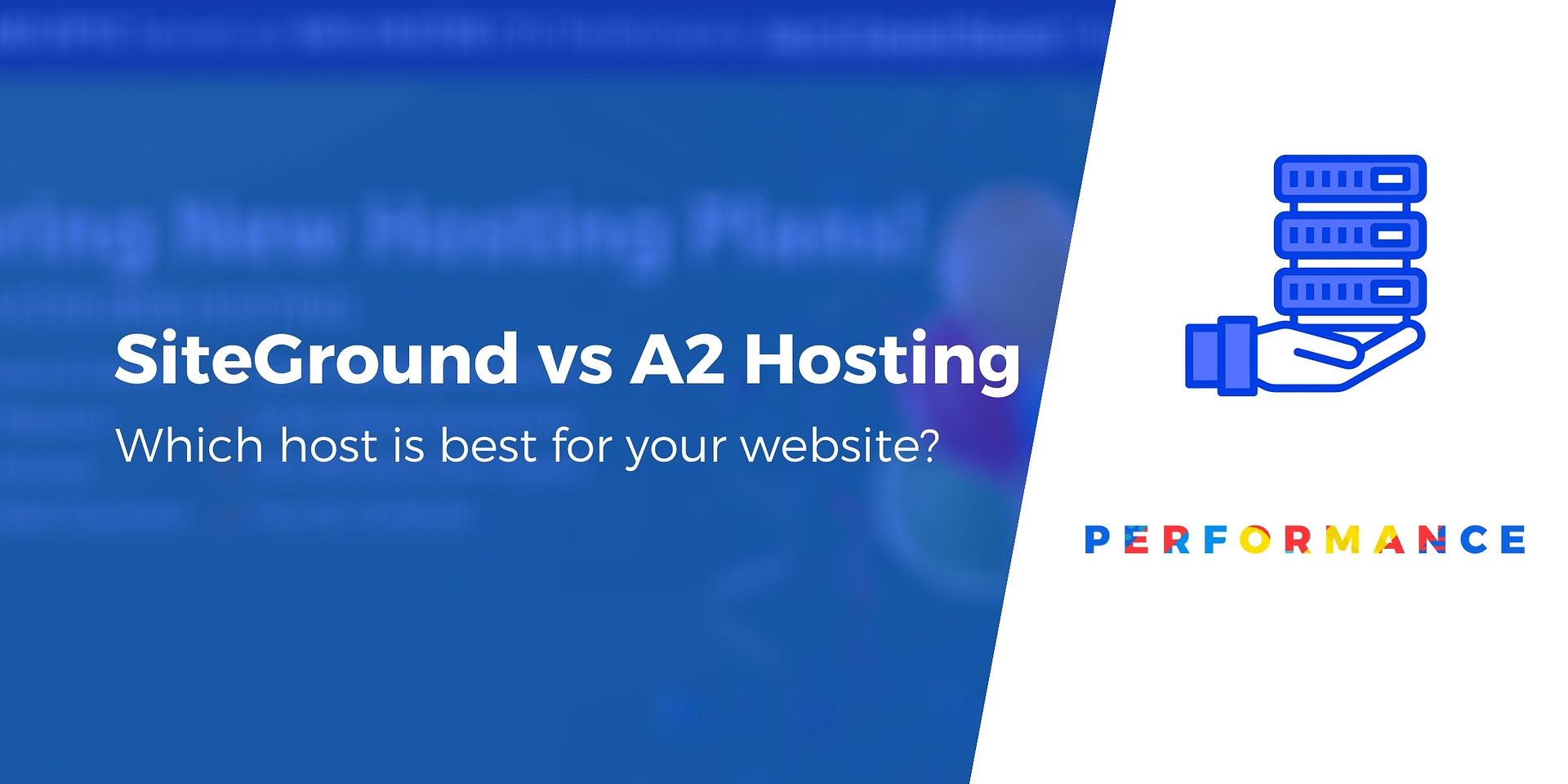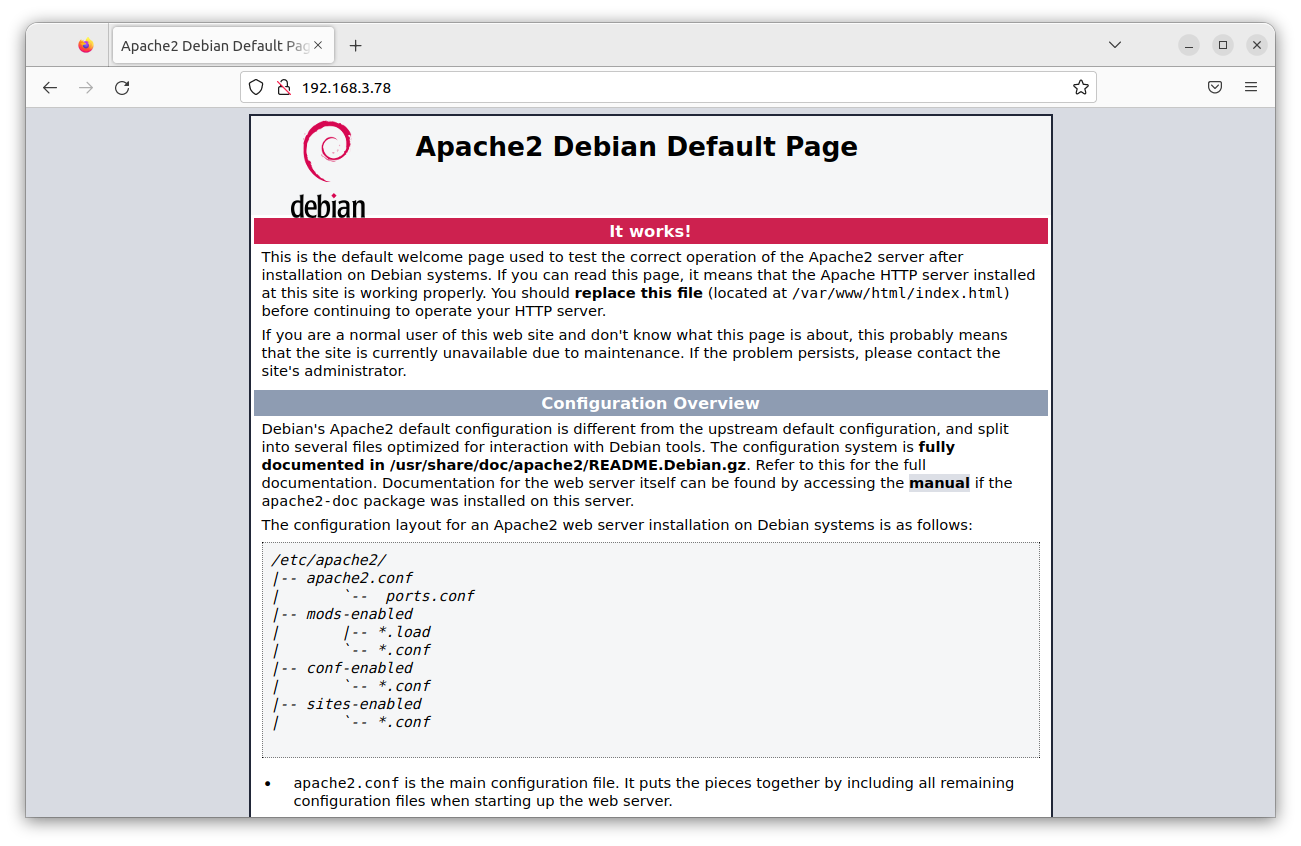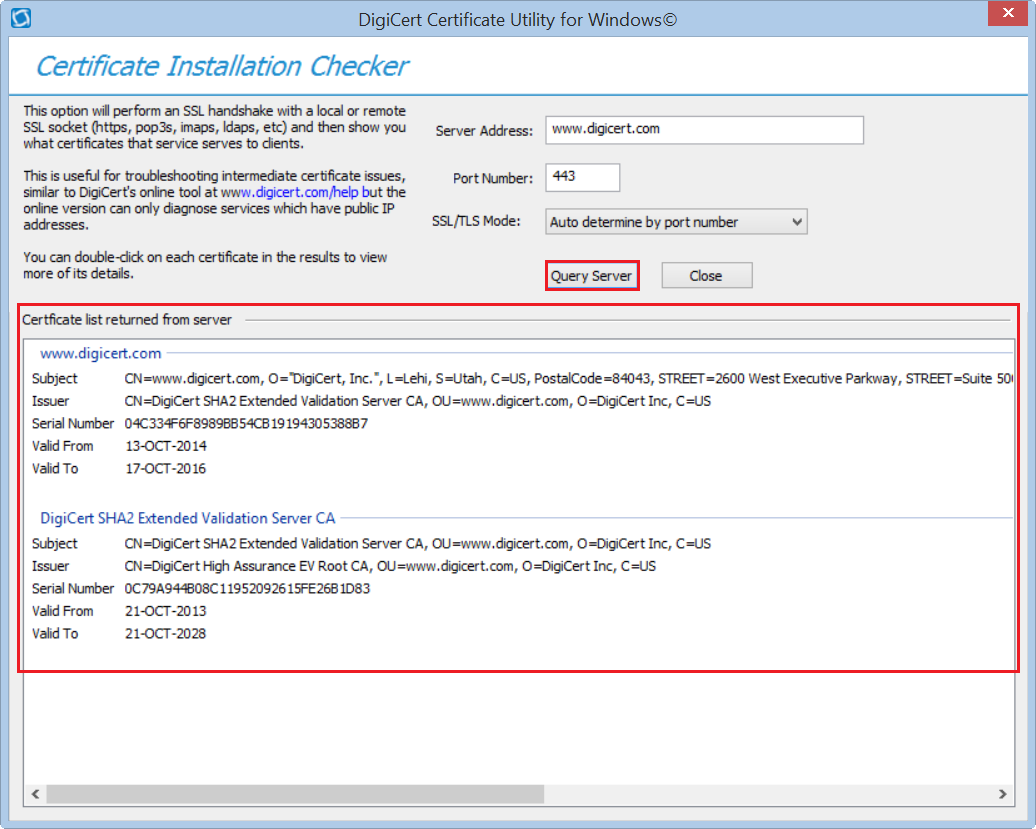
SSL certificates share several common fields. These are keyUsage extension and accessMethod. The keyUsage extension is the most important. Other common fields include keyPath (the organization name) and keyPath (the keyUsage extension). This information is available in the Common Fields of SSL Certificates article. This article also includes information about keyUsage, accessMethod and Organization Validation certificates.
SSL certificates: Common fields
There are several fields that are common to SSL certificates. The signature algorithm is the certificate's signature, which includes the hashing as well as encryption algorithms. The certificate's second field is its body. It is encrypted with the issuer’s secret key and hashed. These fields are used for identifying the certificate's issuer.
SSL certificates can also include an optional field, Subject Alternative Names (SAN). The SAN fields contain the domain names that a certificate could be valid for. A single certificate can contain multiple SAN fields. These are sometimes called Subject Alternative Names (SAN) certificates, or Unified Communications Certificatesss (UCC). SSL clients are not likely to notice the SAN, but web servers and clients will find it useful.

The validation level is another important aspect that makes SSL certificates valuable. Some certificates require a higher level of validation than others. Domain validation is the lowest level of validation. However, higher-level validations require an extensive background investigation. These three levels of validation provide the same level of TLS encryption but differ in their ability to verify the identity of the organization. Domain validation requires domain owners to prove that they own the domain. This can be done via email or by altering a DNS file. The whole process is automated.
EV certificate's keyUsage extension
An EV Certificate's keyUsage extension identifies an additional purpose. This extension provides applications with an additional way to find the key that is used to verify a signature. This extension is not critical and may only be used by an application for the stated purpose.
High-profile websites are particularly vulnerable to phishing attacks and EV certificates can be a valuable asset. These websites could include large technology companies as well banks and retailers. To ensure their customers' safety, it is recommended that such websites use an EV SSL/TLS Certificate.
This extension is used primarily for object signing certificates. But the same principle applies to client certificates. The keyUsage field must be unique and should use a dot-separated, numeric component notation. EV certificates must comply with the ISO rules known as Object Identifiers.

AccessMethod Extension for Organization Validation Certificate
Organization Validation certificates are used for secure access to the web. These certificates provide additional security beyond that of the domain name and are typically stored in the file format specified by the certificate issuer. These certificates are typically encrypted and are compatible with most server and user agent software. The Organization Validation certificate cannot be used if an entity is not legitimate and operational.
accessMethod is an extension that defines how issuer information can been accessed. It is part PKIX Part 1's specification. The key identifier for the CA must be matched.
FAQ
How to design a site?
The first step is to understand what you want your site to do for your customers. What are they looking at when they visit your site.
What other problems could they face if they can't find the information they need on your website?
This knowledge will help you to identify the problems and then solve them. Your site must look professional. It should be easy for users to navigate.
You should have a well-designed website. You should ensure that your site loads quickly. If it takes too long, people may not be able to stay as long. They will go elsewhere.
You need to consider where your products are located when you build an eCommerce website. Are they in one place? Are they spread around your site?
Decide whether you plan to sell one product at a time or several products. Do you want to sell just one type of product or multiple kinds?
Once you have answered these questions, you can begin building your site.
Now, you have to think about the technical aspects of your site. What will it take to make your site work? Will it be fast enough? Are people able to get it done quickly from their computers?
Can people buy things without having to pay more? Will they have to register with your company before they can buy something?
These are important questions that you must ask yourself. Once you know the answers to these questions, you'll be ready to move forward.
How do I choose a domain name?
It is important to pick a quality domain name. Without a great domain name, people will not know where to find you when they search for your product.
Domain names should be simple, short, easy-to-remember, relevant to your brand and unique. In order to make your domain name memorable, people should be able to type it into their browsers.
These are some suggestions for choosing a domain.
* Use keywords that are related to your niche.
* Do not use hyphens (-), numbers or symbols.
* Don't use.net or.org domains.
* Do not use words you already know.
* Try to avoid generic terms like "domain" or "website."
* Check it's always available.
Can I create my own website with HTML & CSS?
Yes, you can! Basic knowledge of web design and programming languages such as HTML (Hyper Text Markup Language), and CSS (Cascading Stil Sheets) is required. These languages allow you create websites that can be viewed by anyone with internet access.
Statistics
- Is your web design optimized for mobile? Over 50% of internet users browse websites using a mobile device. (wix.com)
- It's estimated that chatbots could reduce this by 30%. Gone are the days when chatbots were mere gimmicks – now, they're becoming ever more essential to customer-facing services. (websitebuilderexpert.com)
- At this point, it's important to note that just because a web trend is current, it doesn't mean it's necessarily right for you.48% of people cite design as the most important factor of a website, (websitebuilderexpert.com)
- When choosing your website color scheme, a general rule is to limit yourself to three shades: one primary color (60% of the mix), one secondary color (30%), and one accent color (10%). (wix.com)
- The average website user will read about 20% of the text on any given page, so it's crucial to entice them with an appropriate vibe. (websitebuilderexpert.com)
External Links
How To
What is website hosting?
Website hosting refers simply to the place that people visit when they visit a website. There are two types.
-
Shared hosting is the cheapest. Your website files are stored on a server that is owned by another person. Customers visiting your website send their queries over the Internet, to that server. The owner of the server then hands off the request to you.
-
Dedicated hosting: This is the most costly option. Your website resides entirely on one server. There are no other websites sharing space on the server. Your traffic remains private.
Shared hosting is preferred by most businesses because it's cheaper than dedicated hosting. With shared hosting, the company that owns the server provides the resources needed to run your website.
However, both have their advantages and disadvantages. Here are the differences:
The pros of shared hosting:
-
Lower Cost
-
Easy To Set Up
-
Frequent Updates
-
It can be found on many web hosting companies
Shared hosting is often as cheap as $10 per month. But keep in mind that this price usually includes bandwidth. Bandwidth refers the data that you can transfer over the Internet. Even if you upload only photos to your blog you might still have to pay more for large amounts of data that you transfer through your account.
You'll soon discover why you paid so much more for your previous host when you get started. Most shared hosts have very poor customer support. Their techs will occasionally walk you through setting up your site, but you're on your own after that.
A provider with 24-hour telephone support is a good choice. They will assist you with any problems that may arise while you're sleeping.
Dedicated Hosting Cons:
-
More Expensive
-
Less common
-
Requires specific skills
You're getting everything you need with dedicated hosting to operate your website. You won’t need to worry whether you have enough bandwidth or enough RAM (random address memory).
This means that you'll spend a bit more upfront. But once your online business starts, you'll realize you don't need any technical assistance. You'll be able to manage your servers effectively.
Which Is Better for My Business?
This depends on the kind of website that you want. Shared hosting might be best if you just want to sell products. It is simple to set up and easy to maintain. Because you share a server, you will most likely receive frequent updates.
If you are looking to create a community around your brand, dedicated hosting is the best option. Instead of worrying about your traffic, you can build your brand while still being able to concentrate on your business.
If you're looking for a web host that offers both options, we recommend Bluehost.com. They offer unlimited monthly data transfers, 24/7 support, free domain name registration, and a 30-day money-back guarantee.